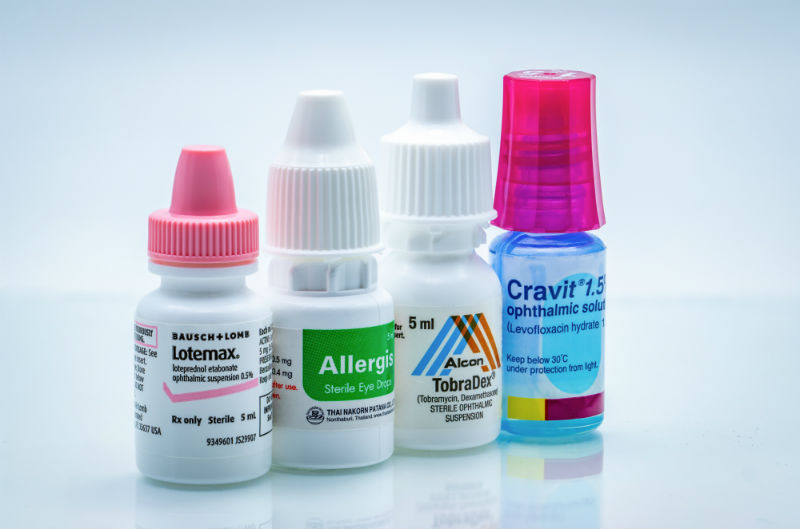
According to the American College of Allergy, Asthma and Immunology, 50 million people in the United States suffer from seasonal allergies. This means there are a lot of miserable individuals out there every day.
No matter where you live in the U.S., there are allergens present. Ocular allergy testing is the best way to determine the source of your allergies so that treatment options can be initiated.
Who should get tested?
People who have symptoms that include eyes that are itchy, watery, red, bloodshot or swollen; have thick eye discharge; red or flaky eyelids; a runny nose or dark circles under the eyes are excellent candidates for testing.
Testing is necessary to locate the source of the eye irritation and the key to ocular allergy treatment.
What is the testing procedure?
A scratch test is the most common testing method. It involves “scratching” the skin very lightly with a device that contains minute amounts of common allergens. If you are not allergic to a particular allergen, nothing happens. If you are allergic, a small bump will appear in the skin area where the allergen was introduced, and it will likely itch.
Causes of eye allergies
The most common airborne irritants are mold, pollen, pet dander, and dust. Some individuals are allergic to eye drops, cosmetics or contact lenses. Still, others have severe allergic reactions to insect stings or certain foods, but these do not typically have as much effect on the eyes.
Treating eye allergies
The best way to find relief from eye allergies is to avoid the allergens. However, it is virtually impossible not to be exposed to airborne irritants.
There are a few things you can do to minimize your exposure that include:
- staying inside when mold or pollen counts are high
- when outside, wear sunglasses that wrap around for additional eye protection
- use glasses instead of contacts during allergy season
- use OTC eye drops that reduce mild eye allergy symptoms
- refrain from rubbing your eyes
- utilize artificial tears to wash away allergens
- buy an indoor air purifier and a specialized allergen-trapping filter for the HVAC unit
- shower before bed and carefully clean the area around the eyes to remove irritants

What can my eye doctor do?
Your optometrist can offer many ideas on the most appropriate ways to handle your ocular allergies.
Severe eye allergies may respond better to a prescription medication rather than one found over-the-counter. Antihistamines, decongestants, NSAID eye drops, steroids, immunotherapy, and mast cell stabilizers are some of the options available through your doctor.
The best way to treat ocular allergies is to locate the source of the problem and address it directly.





